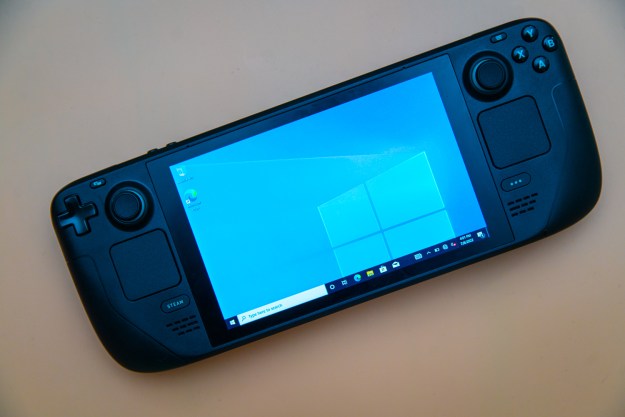Certainly, Microsoft has demonstrated its own commitment to PC gaming in Windows 10, with DirectX 12 and Xbox Play Anywhere and the Game Mode coming in Creators Update providing ample evidence. Now, Microsoft is once again making an effort to ensure that Windows 10 is a great gaming platform, by releasing its Pix on Windows 10 tool for game developers.
Pix is a free utility that helps game developers take a look at a game’s performance in rendering a single frame by a process called GPU capture. By peering into the details of the process, developers can assess how each rendering component contributes to the total frame time and then optimize their code as needed.
GPU capture also lets developers identify any correctness issues, including corrupted data in the rendering process caused by synchronization issues. A Resource History view is one example of how developers can look at the entire lifetime of a frame to gain an understanding of how the rendering process utilizes buffers and textures.

Other Pix tools include timing captures to see how well the CPU and GPU are performing, function summary captures to monitor the length of function runs, callgraph captures to trace a single function’s execution, and memory allocation captures to compile details on a game’s memory allocations. It’s all quite complex and the details are mostly of interest to developers.
Nevertheless, Pix’s release is still a good thing for PC gamers because it’s yet another tool in the game developer’s utility belt to help make Windows 10 games as well-performing as possible. If you’re a developer, then you can check out the Pix blog for more information and download the utility here. Note that the tool is still in beta and requires Window 10 with Anniversary Update, and Microsoft recommends a pretty beefy system with 32GB of RAM.
Editors' Recommendations
- You’re going to hate the latest change to Windows 11
- How to adjust screen resolution in Windows 11 and older
- Qualcomm just made some bold claims about gaming on ARM PCs
- OneDrive is ruining my PC gaming setup
- Fullscreen vs. Windowed borderless: which is best for gaming?



